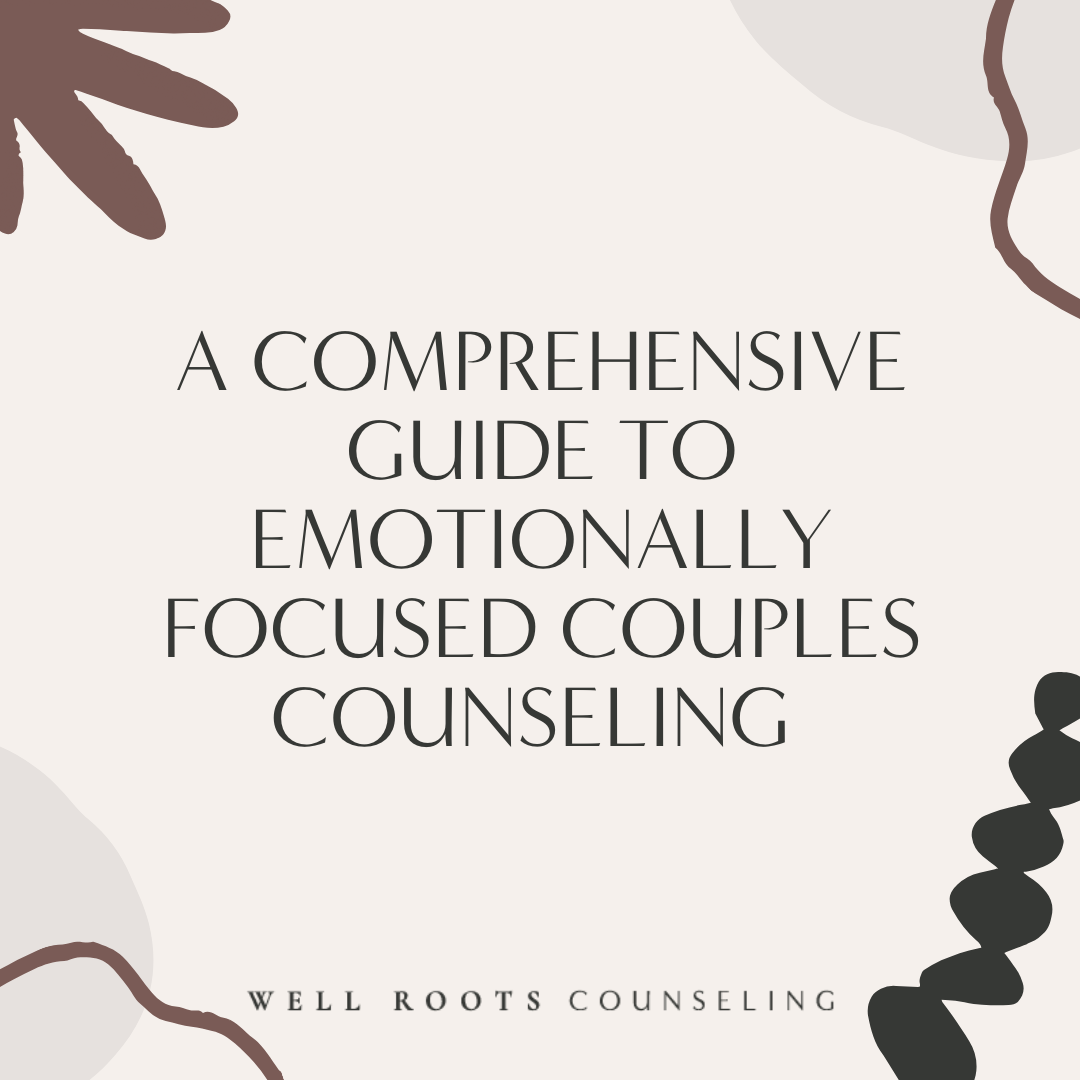
Hi, I’m Lauren
Specializing in Couples Counseling, Perinatal Mental Health, Reproductive Mental Health, and Parenting in addition to being trained in Emotionally Focused Therapy, this therapist-in-training has a deep-rooted passion for understanding the intricacies of parenthood and partnership.
Learning to Accept Your Identity as a New Mom
Before becoming a mother, my life was simple. Not always easy, but simple – I had a successful career in a competitive field that demanded much of my time and energy, and a happy marriage. Then, I had my first child. Soon after becoming pregnant and especially after giving birth, the way I saw myself began changing in ways I was not prepared for – I was a mother now? Did that mean everything else I’d been disappeared?
My transition into parenthood was overwhelming, emotional, and bumpier than I ever expected. I suffered from postpartum anxiety and intrusive thoughts along with constant worries about how I would get back to work and if I would lose job opportunities because of the new demands I felt being “a mom”. And most of all, I felt alone. Alone and disconnected from my husband, from my baby, and from myself. Perhaps this feels familiar?
Struggling with the Transition into Parenthood
I’ll never forget when my first Mother’s day as a mom came around, I told my partner I didn’t want to celebrate. I didn’t even want him to mention the day or the word mother around me because the thought of identifying as a mom felt untrue. I blamed myself for not feeling more of the “overwhelming love” I’d heard other mothers talk about – clearly something was wrong with me and now I’d spend the rest of my life regretting this decision.
And I wasn’t the only one struggling with the transition into parenthood – my husband was having a hard time too. He struggled to connect with the baby and got easily triggered by our son’s long stretches of crying. He thought there was something wrong with him, that he was a bad dad and a bad partner. He couldn’t help but have his feelings hurt thinking the baby didn’t like him and only wanted me. (Did you know, new fathers can develop postpartum depression too? They can also suffer from postpartum anxiety, intrusive thoughts, and other struggles with mood after the baby arrives.)
Support for New Parents: Helping Individuals and Couples Navigate Life After Baby
Two weeks after having my son, my partner encouraged me to find a therapist specializing in the postpartum period. This was the resource I didn’t know I needed. It was so helpful to have everything I was feeling validated, normalized, and most importantly learn I wasn’t alone.
I want to be that person for new parents – someone to listen and hold the complex and multifaceted whirlwind that is every single day of being a parent. What you’re going through is real and no one is meant to do it alone. You deserve support.
In addition to working with mothers, I’m especially drawn to working with couples so that both parents can build a strong, supportive partnership as they navigate the challenges and joys of parenting together. Having a baby creates a huge change in your relationship with your partner. Both partners are affected and stressed in new and different ways. It can often feel so hard to stay on the same team, feel connected, juggle the new mental load of being parents, and not feel new huge waves of resentment (Have you similarly experienced any of those feelings with your partner?). I really enjoy working with couples as they navigate the new waters of parenthood. I believe focusing on the partner bond can create massive positive effects to feel more like a team when it comes to parenting and more connected as a couple outside of parenting.
Who Does Lauren Work
Best With?
I have received advanced training in perinatal mood and anxiety disorders from Postpartum Support International (PSI), and I am currently working towards earning my PMH-C classification. For going on two years now, I have been a PSI Helpline Volunteer, each week responding to and chatting with expecting, new, or seasoned parents who are in need of support. I am trained in Emotionally Focused Therapy, a proven approach that helps couples reconnect.
With this method, I work with clients to understand and reshape their emotional responses, creating space for deeper trust, better communication, and a stronger, more resilient connection in their relationships. In addition to EFT, I am a certified Parental Leave Coach, with expertise and training in the transition from becoming a working person to a working parent. I help expecting parents as they prepare for leave, become a parent, and then return to work.
So whether you are an expecting parent, a mother, a father, or a couple; whether you are trying to navigate parental leave and best prepare for having baby, dealing with ups and downs of being a parent, struggling to connect with your partner like you used to, or simply looking for support, I would love to connect and see if we might be a good fit.
What Is It Like Working With Lauren?
This is Lauren’s Approach She Takes With Women Who Are Struggling With Anxiety or Depression and Couples Who Are Struggling To Connect
Compassionate
Lauren’s deep-rooted passion for understanding the intricacies of parenthood and partnership showcases her compassionate nature. Her approach is not just clinical but also deeply empathetic, recognizing the unique challenges and emotions each individual or couple might face. With Lauren, clients can expect a warm environment where their feelings and experiences are validated and understood.
Insightful
Lauren’s keen interest in debunking societal norms around motherhood and her emotionally-focused therapeutic approach highlight her insightful perspective. She delves deep into the systemic influences on one's worldview, ensuring a holistic understanding of her clients' experiences. Working with Lauren means benefiting from her profound insights into the complexities of relationships, parenthood, and personal growth.
Supportive
At every stage, from pregnancy to postpartum and beyond, Lauren offers unwavering support to her clients. Her dedication to providing tools for individuals and couples to feel safe and secure is evident in her work at Well Roots. Clients can trust in Lauren’s commitment to guiding them through life's challenges, ensuring they feel supported and empowered throughout their therapeutic journey.
Take Our Free Anxiety Quiz
This free quiz is designed to help you identify and understand the depth of your emotions, providing clarity even if you're not fully conscious of them.

How To Start Online Therapy
Your virtual comfort zone, just a click away... because self-care knows no boundaries.
Schedule Your Free Session
Taking the first step is vital. This initial session lets you connect with a therapist, gauge their approach, and decide if it aligns with your needs. It's your chance to set the foundation for healing.
Commit To The Process
Healing requires dedication. By fully engaging in therapy, you invest in your well-being. Trust the journey, your therapist, and yourself.
Find Joy…and yourself
Beyond addressing pain, therapy helps you rediscover joy and self-awareness. Embrace moments of happiness and celebrate your growth, leading to a more authentic you.
Frequently Asked Questions About Postpartum Depression
-
Postpartum depression is a mood disorder that can affect parents after childbirth. It's characterized by feelings of sadness, emptiness, anxiety, and exhaustion that can make it challenging for the new parent to complete daily care activities for themselves or for their baby.
-
While many new parents experience mood swings, crying spells, anxiety, and difficulty sleeping, often referred to as the "baby blues," these symptoms typically subside within a week or two. Postpartum depression, on the other hand, is more intense and lasts longer, potentially interfering with a parent's ability to care for their baby and handle other daily tasks. It requires medical attention and often benefits from therapy or counseling.
-
Yes, while PPD is most commonly associated with birthing mothers, fathers or non-birthing parents can also experience symptoms of postpartum depression. The challenges of parenting, coupled with potential hormonal changes, lack of sleep, and lifestyle adjustments, can contribute to PPD in any new parent.
-
Treatment for PPD can vary based on the severity of the symptoms and individual needs. Common treatments include therapy or counseling, medication, and support groups. It's essential for anyone experiencing symptoms of PPD to seek medical advice and discuss potential treatment options with a healthcare professional.
Lauren Wilde Is Able To Work With Clients in Colorado, Florida, South Carolina, North Carolina, and Vermont.
Accessible Online Therapy, built with you in mind.























